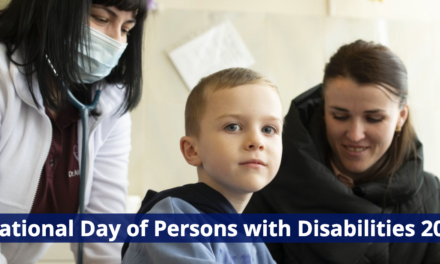
A comprehensive review spanning 27 years of international research has shed light on the challenges faced by pet owners forced into separation from their animals during crisis situations, especially those victimized by domestic violence. The findings, published in the peer-reviewed journal Anthrozoös, underscore the heightened risks to both safety and psychological well-being when individuals are confronted with the prospect of forced separation from their pets.
The study, conducted in Australia by James Cook University PhD candidate Jasmine Montgomery and Associate Professors Janice Lloyd and Zhanming Liang, analyzes 42 studies on the human-animal bond and situations of separation involving domestic violence, homelessness, and natural disasters.
Lead author Jasmine Montgomery explains, “Our results reveal the strong emotional attachment between people and animals may result in vulnerability for both in circumstances where this bond is threatened.” The study highlights the emotional distress, health risks, and impacts on well-being and safety that individuals face when compelled to separate from their pets in crisis situations.
One striking revelation from the research is the maltreatment and death suffered by pets in cases of domestic violence. The lack of support services, coupled with concerns for pets’ safety and well-being, often makes individuals reluctant to leave their homes during such crises.
The review emphasizes that the systemic supports for people and their pets in crisis situations are marred by human “superiority” and disparities in responsibilities for pet welfare. Victims of domestic violence may delay leaving their relationships to protect their pets due to a lack of shelters or housing that accommodates pets and distrust in support systems that might separate them from their animals.
Natural disasters also present challenges, with individuals risking their safety to retrieve their pets during dangerous situations. The review calls for a shift in mindset, urging planners and service providers to consider the needs of pets in crisis situations and develop services that support victims and their animals.
The study recommends key measures to mitigate risks associated with forced separation, including incorporating questions about pets in services for individuals experiencing domestic violence, providing housing for women, children, and pets together, enhancing natural disaster evacuation plans to accommodate both people and pets, and ensuring the availability of pet-friendly accommodation for those facing homelessness.
The research serves as a vital resource for professionals and organizations committed to addressing the challenges arising from forced separation, providing valuable insights into the human-animal bond and its impact on vulnerable individuals during crises. Despite certain limitations, such as a focus on English-language peer-reviewed articles and potential oversight of diverse cultural perspectives, the study emphasizes the urgency of incorporating pet-related considerations into policies, legislation, and service provisions to prevent undesirable outcomes such as animal maltreatment or death.










